Compact Industrial Robots
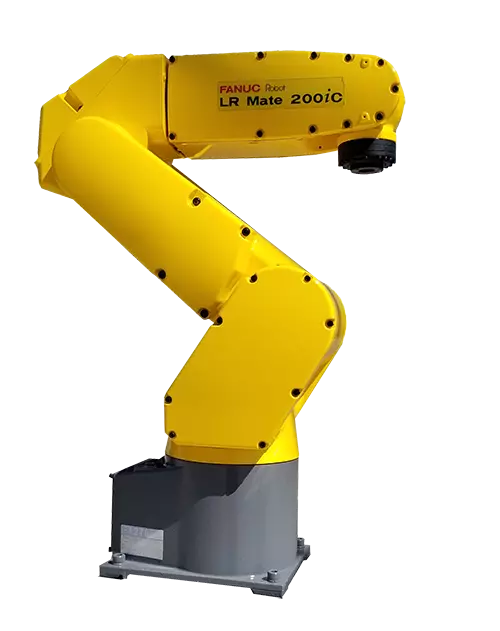
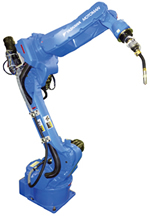
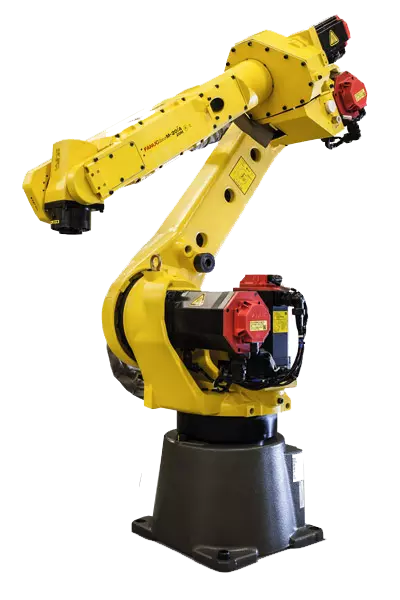
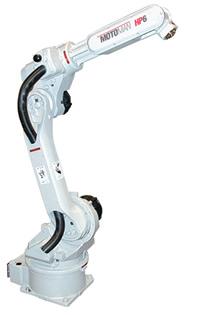
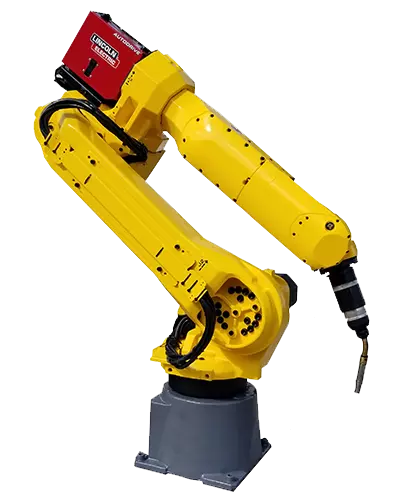
The trend for smaller devices and machines has been happening for quite some time. Even in the robotics industry the demand for compact robots has grown as the number of manufacturers using industrial robots and the types of robotic applications increase. The robotics industry once was mainly comprised of big bulky machines that were limited to large productions. Small and medium manufacturers were not considered good candidates for robotic automation as they did not have the space or production volume nor could they justify the cost. Fortunately, robot manufacturers recognized the need for compact industrial robots and began developing them. Today they are one of the biggest trends in robotics.
Compact robots are small machines that are used when space is limited or for applications involving small workpieces. Most compact industrial robots have payloads under 20 kg so they can only work with light parts. They also typically consist of shorter reaches with most averaging around 1,000 mm or less. Their shorter arm allows them to operate in confined spaces without interference from surrounding peripherals. Multiple compact robots can be installed next to one another as their size and reach prevents them from colliding with each other. Some compact robots can even be directly installed into machines.
Compact robots may consist of articulated, delta, SCARA, or collaborative robot types. The FANUC LR Mate 200ic is a compact articulated robot. All delta robots are compact. The FANUC M-2ia is one of FANUC’s delta robots. Collaborative robots, like the Universal UR5, are designed to work alongside humans without any barriers. One of the reasons they are considered safe for barrier-free operation is due to their compact size.
Compact industrial robots are limited to automating applications with light payloads and smaller workspaces. However, they can perform a wide variety of applications including assembly, material handling, machine tending, packaging, dispensing, and welding. The ABB IRB 140 is a compact multipurpose robot capable of automating numerous processes. Compact robots are used in many different industries from the automotive to food to warehousing.
Advantages of Compact Robots
Bigger is not always better. Compact robots can provide a number of benefits over large industrial robots.- • Flexible installation - Due to their size and light mass, compact robots can be installed in a variety of ways. They can be floor, ceiling, wall, or tabletop mounted. Manufacturers have greater flexibility when installing a compact robot ensuring the best part access and space utilization.
- • More affordable - Since compact robots are smaller, they tend to be more affordable than other robots. This allows manufacturers with small to medium volumes to be able to justify the cost of robotic automation.
- • Save floorspace - Those with limited floorspace or those wanting to conserve floorspace can benefit from a compact robot. Their size takes up less space than a large robot. While ceiling and wall mounting options avoid the loss of any floorspace.
- • Faster operation - The smaller frame of compact robots allows them to be more agile and operate at faster speeds. Delta and SCARA robots are considered to be some of the fastest. Faster operation reduces cycle times for greater productivity.